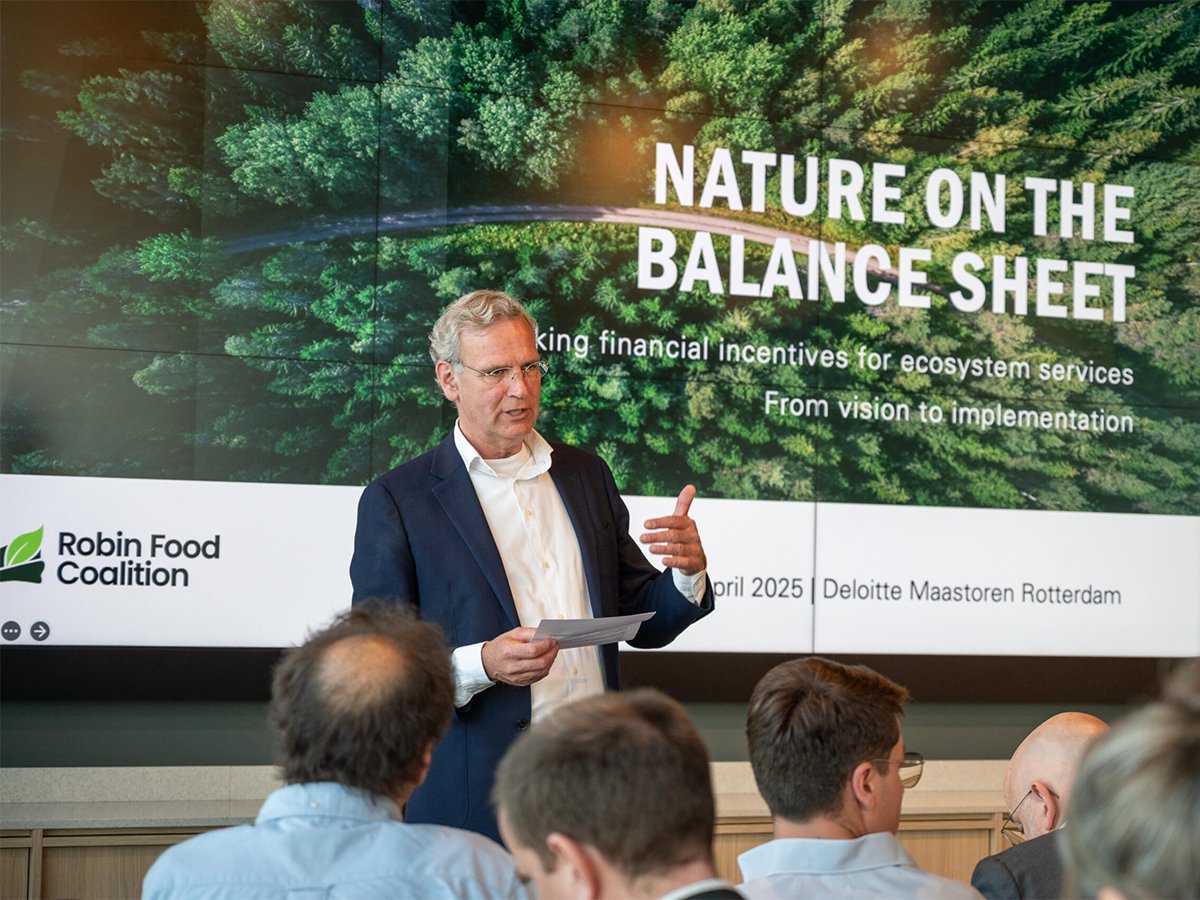After surgery, radiation and chem-otherapy, science does not have a lot to offer cancer patients and their families.
“Within three months I was in, through, and out of the health system,” said Gerri Dickson, who was diagnosed with breast cancer in August 1995. She had surgery but rejected the other two treatments.
“It is arrogant to claim our western science is the only science. Conventional treatment only deals with the body, not the mind or spirit,” she told doctors, nurses and social workers during a panel discussion at a national convention in Saskatoon.
Read Also

Activist urges new way to measure profitability
Organic activist praises Mark Carney for spearheading the Task Force on Climate-related Financial Disclosures.
To help in her healing Dickson has tried aboriginal fasts, Mexican healing, imagery and meditation, daily exercise and two support groups.
Nurse and reflexologist Karen Barrs learned she had breast cancer in April 1996. She accepted the standard treatment but has also turned to imagery, diet, acupuncture, yoga and aboriginal herbs and sweat lodges in her recovery stage.
She described the emotional trauma of trying to make rational decisions while sick. She said she appreciated the people who helped her but didn’t try to direct or control her.
“I did an incredible amount of reading. I found a lot of complementary therapists did not provide information.”
Saskatoon teacher Brian Hartsook, whose wife died 18 months ago after fighting cancer for 14 years, said his wife read everything she could find. She meditated and visualized in the morning and before she went to bed. She wrote daily in a journal, exercised, prayed and went to support groups.
When she could no longer work as an x-ray technician, she started making a pine cone wreath for her daughter. She made 68 of them by the time she was done and had found a new purpose for living.
“I regret until Gloria became aggressive her treatment was traditional. Pure sciences had nothing to offer her… . Social sciences offered more help for her in how to live,” said Hartsook.
Open door to communication
He encouraged families to become creative in dealing with cancer. He, his wife and two children each had a scribbler to write in when they found a subject too hard to talk out. The scribbler was placed on the table for the rest to read and discuss later.
“We rode the cancer roller-coaster,” he said.
Anger is common for people with cancer who fight to regain control of their bodies.
“I’ve been quite astounded at myself and how aggressive I’ve become… . Sometimes just a simple acknowledgement of my fear and pain would go a long way to defusing the anger,” said Dickson.
Fellow panelist Barrs, who read a poem she wrote called I’m Angry adds: “I need some understanding, not interventions.”
In the question period, one doctor said unlike the panelists’ experience, most people with cancer don’t want to take charge of their health.
Doctors on the panel agreed that pure science must take a skeptical view of alternative therapies until they are proven beneficial. Research is needed because “we know shockingly little” about such alternatives, said Dr. Maria Verhoef.
The problems with alternative therapies can mean rejection of an effective therapy, a missed diagnosis, patients ignoring their own deterioration, valuable time lost and neglected side effects.














